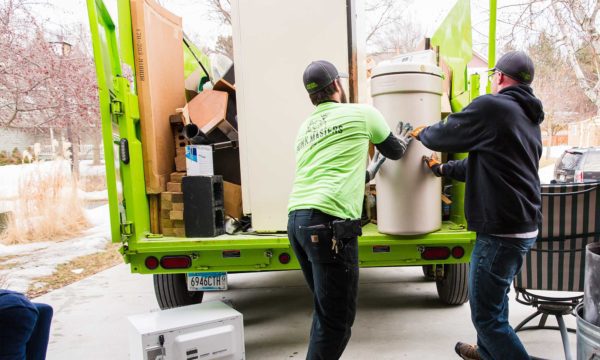Mega Onion is a cutting-edge service that offers fast, private, and anonymous connectivity, catering to the growing demand for online security and confidentiality. In today’s digital landscape, privacy concerns have become paramount, and users are increasingly seeking solutions that protect their personal information while ensuring fast and reliable internet access. Mega Onion addresses these concerns with a focus on delivering high-quality services for discerning users worldwide. At its core, Mega Onion operates as a virtual private network VPN provider that ensures the protection of users’ data through robust encryption protocols. This encryption shields user activity from potential surveillance, hackers, and other unauthorized parties, making it an invaluable tool for anyone concerned about their digital footprint. Whether users are browsing the web, accessing sensitive accounts, or participating in online transactions, Mega Onion guarantees that their personal information remains private and secure. What sets Mega Onion apart from other VPN services is its emphasis on both speed and anonymity.

In a world where slow connections can be frustrating and detrimental to productivity, Mega Onion ensures that users experience seamless internet browsing without compromising security. The service is optimized to provide lightning-fast speeds, allowing users to stream content, download files, and engage in real-time communications without lag or delays. This combination of speed and privacy makes Mega Onion an appealing choice for users who need both secure and efficient internet connectivity. The anonymous nature of Mega Onion also ensures that users’ online activities are untraceable. By masking their IP addresses and routing their internet traffic through a network of secure servers, the service allows users to maintain their anonymity while online. This is particularly useful for individuals living in regions with restrictive internet regulations or those who want to access content that may be blocked or censored in their home countries. Mega Onion’s global server network ensures that users can bypass geographical restrictions and access the open internet, regardless of their location.
Another key feature of Mega Onion is its commitment to user privacy. Unlike many free VPN services that may log and sell user data to third-party advertisers, Mega сайт follows a strict no-logs policy. This means that none of the user’s browsing history or personal information is stored or shared. This level of trust and transparency is crucial for those who prioritize privacy and are wary of the risks associated with less reputable VPN providers. Mega Onion also offers customizable features, allowing users to tailor their connectivity settings to fit their specific needs. Whether they require a dedicated IP address for enhanced security or need to connect multiple devices simultaneously, Mega Onion’s flexible plans ensure that users can access the services they need in a way that best suits their lifestyle. In conclusion, Mega Onion delivers fast, private, and anonymous connectivity for users worldwide, addressing the increasing demand for both speed and security in the digital age. With a commitment to protecting users’ data, ensuring seamless browsing, and providing unparalleled privacy, Mega Onion stands out as a top-tier solution for those seeking a secure online experience.



